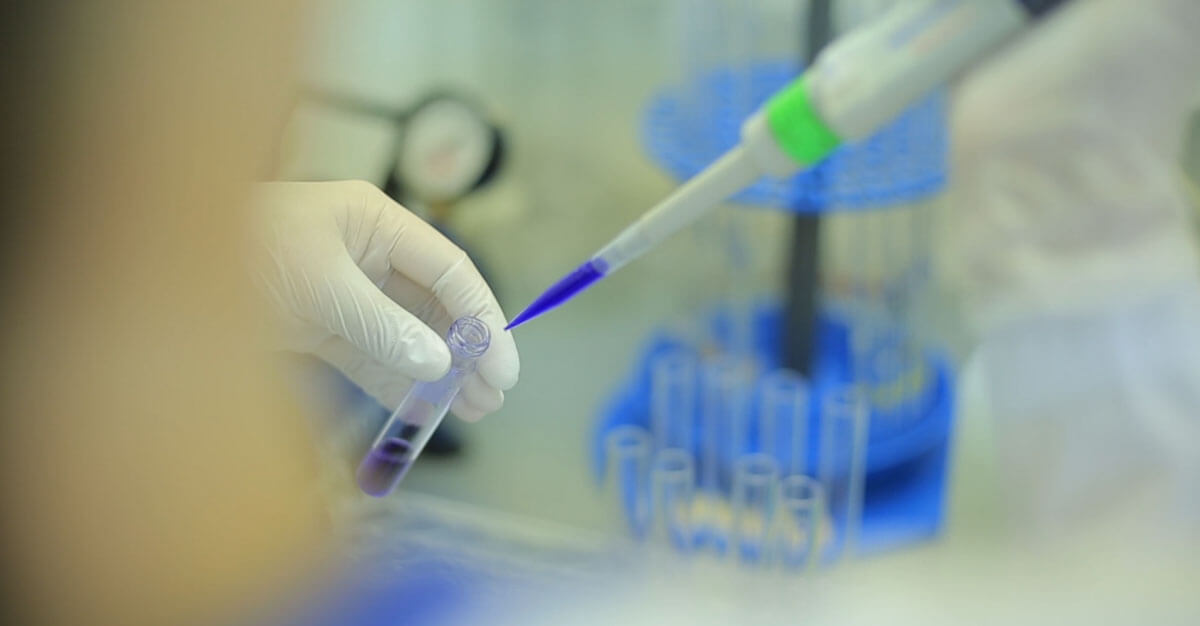
Is the coronavirus dying out? As the COVID-19 pandemic seems to get milder, it’s only natural to wonder what is happening with the virus itself. Many viruses follow a pattern of infection and mutation. Epidemiologists and virologists have found that the coronavirus is following this same pattern. Based on what these scientists have found, it’s still difficult to know whether or not the coronavirus is dying out. How exactly can we know whether or not a virus is dying out?
No More Hosts
As long as there are susceptible hosts for a virus, it will continue to live and spread. A virus cannot die out if there are still people that it can infect. This means that if there are enough people without immunity, a virus will continue to spread. Once the majority of a community has developed immunity, a virus will struggle to find hosts and will eventually die out. This happened with the Spanish Flu in 1920. The flu had infected so many people worldwide that eventually the virus had no one else left to infect. The majority of people had already developed immunity against the virus and those that hadn’t were unfortunately already dead.
No Way to Spread
With enough susceptible hosts, a virus also needs a way to spread for it to continue living. In short, depending on how a virus spreads, susceptible hosts need to be in close enough contact for the virus to continue living. For example, the coronavirus spreads through airborne droplets. This means that the coronavirus will continue to live if susceptible hosts share infected airborne droplets among each other. This often happens when individuals without immunity exchange saliva through unmasked close interaction.
Signs a Virus is Dying Out
Signs a virus is dying out or will soon die out can often be found in the community. If most or all individuals are immunized, then it’s very likely that the virus will eventually die out. Also, if there is no way for the virus to continue spreading between individuals that aren’t immunized, it’s only a short time before the virus disappears. Viruses, however, continue to mutate in order to survive, so it’s important that immunity against these new variants of the virus is maintained through vaccination.
As a virus nears the end of its life course, the medical community will often notice a decrease in rates of infection. These rates will eventually reach a stasis and the curve that graphically shows the amount of infection in the community will flatten. It might still be a bit too early to know whether this is happening with the coronavirus. There continue to emerge new variants and while these variants are weaker, they’re still very infectious. In order to eventually see the death of the coronavirus, each of us must do our part by getting vaccinated. By getting vaccinated, we achieve immunity against the coronavirus and help to stop its spread.
Passport Health offers a variety of COVID-19 testing and vaccination options. Call or book online to schedule your appointment today.
Ese Agboh is a student nurse who wants to specialize in pediatric nursing and wound care. In her free time, she enjoys reading and writing articles related to medicine and the pathophysiology of communicable diseases. Ese currently lives and studies on the east coast of the United States.
